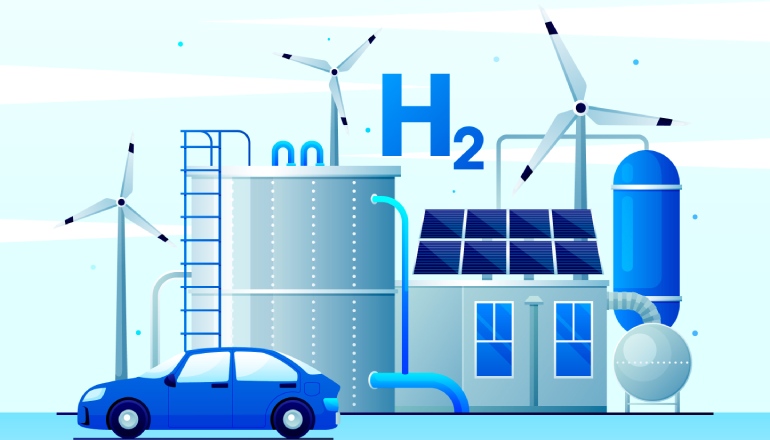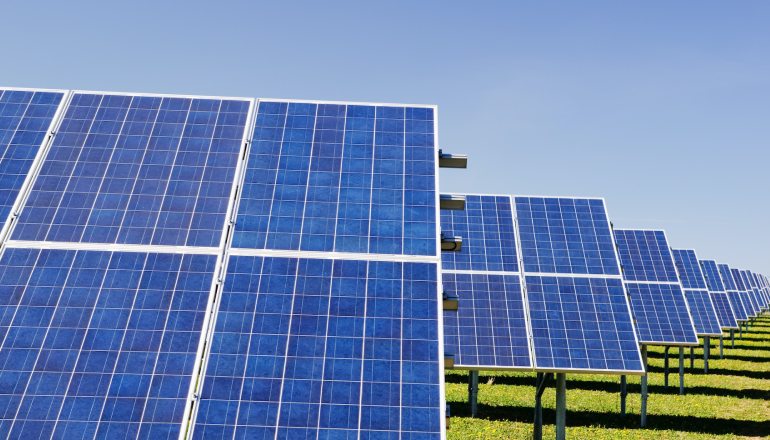Climate change – frequent heat and drought events – in southwestern Europe are reducing ecosystems’ capacity to absorb CO2, says a recent study focussed on southwestern Europe by the Institute of Environmental Science and Technology at the Universitat Autònoma de Barcelona, and published on phys.org.
The rise in extreme weather events caused by climate change is disrupting earth’s carbon balance and affecting plant growth. The heat wave recorded in 2022 was particularly intense, reducing vegetation’s ability to act as carbon sinks by 27 per cent. This highlights the vulnerability of ecosystems under extreme conditions.
According to data from the Spanish National Institute of Statistics, this reduction meant that vegetation in the affected areas of southwestern Europe stopped absorbing more CO₂ than Spain emitted in the same year.
Carbon sinks are systems that absorb more carbon dioxide (CO₂) than they emit. Forests, soils, and oceans are natural examples of sinks that help mitigate climate change by reducing atmospheric CO₂ concentrations.
According to the researchers, although rising temperatures have extended the plant growing season—initially increasing carbon uptake—this effect is offset by a simultaneous increase in CO₂ release due to organic matter decomposition and plant respiration.
The study, led by ICTA-UAB researcher Ricard Segura Barrero, calculates how plants absorb and release CO₂, factoring in soil moisture as an important variable. The results show that water balance and the timing of extreme events (like heat waves and droughts) are key to understanding ecosystem responses. Regions like southwestern Europe, which encompass various climate types, are particularly vulnerable to these changes.
Long-term carbon flux trends. Credit: Global Biogeochemical Cycles (2025). DOI: 10.1029/2024GB008163
The study analysed carbon fluxes between 2001 and 2022 in countries such as Portugal, Spain, southern France and Italy. Data from 10 biogeographic regions showed that ecosystems in continental and humid climates are more affected by heat waves and droughts than those in Mediterranean areas, which are more adapted to such events. Overall, current warming and drying trends could cause imbalances between photosynthesis and respiration, compromising the ecosystems’ role as carbon sinks.
Researchers also used satellite data on sun-induced fluorescence, a reliable indicator of vegetation’s photosynthetic activity, to validate the models and confirm that carbon exchange between ecosystems and the atmosphere is highly sensitive to extreme events.
This climate imbalance has direct implications for the global carbon cycle and efforts to mitigate climate change. Researchers emphasize the urgent need to improve monitoring of carbon fluxes, particularly in vulnerable areas, as well as to strengthen policies aimed at adapting and protecting key ecosystems.












